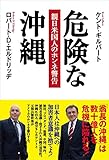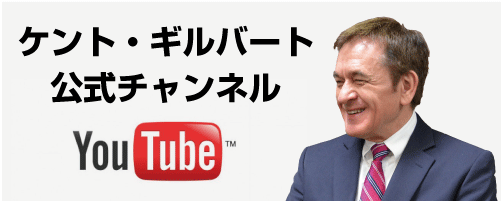福沢諭吉が学んだ「異なる意見を持つ人を尊重する精神」は何処へ?
What Happened to “Respecting the Diverging Views of Others” Learned by Fukuzawa Yukichi?
【ニッポンの新常識】 Common Knowledge Revisited 58
慶應義塾の創立者で、日本人の思想の近代化に貢献した福澤諭吉が欧米諸国を視察したのは、幕末の1860年代前半、150年以上昔の話だ。
Fukuzawa Yukichi, the founder of Keio University and a figure who contributed prominently to the modernization of Japanese thought, went on an observation mission to the United States and Europe in the early 1860’s at the end of the Tokugawa Period, more than 150 years ago.
帰国後出版した『西洋事情』に、英国議会を見学したときの話がある。
In his work “Affairs in the Western Countries” there is a discussion of his visit to the British Parliament.
主張の対立する2つの政党が政策をめぐって大論争をしていた。ところが、議会が終わると一緒のテーブルで酒を酌み交わし、食事を始めた。西洋では日常的な光景が、福澤の目には奇異に映った。
Two political parties with diverging views were having a vigorous policy debate. However, afterwards they sat down at the same table and had drinks and a meal together. This scene, which is normal in Western society, looked curious to Fukuzawa.
日本語の続きはこちら。
http://www.zakzak.co.jp/society/domestic/news/20160319/dms1603191000003-n1.htm
In the Parliament they had a lively exchange of ideas, but afterwards they associated as colleagues. Fukuzawa recorded that he learned the mentality of respecting people with opposing views.
Last year during the debate over the security bills, the student group SEALDs [in demonstrations] shouted “What is democracy?” This is precisely what democracy is.
The tone is heated and fierce, but dignity and decorum are preserved in the content of the statements, and the debate is logical and calm. This is the basis of democracy.
All of the participants in the debate are colleagues working together toward a solution to the problem at hand. Therefore, mixing in “confrontation” and “personal animosity” or crude verbal abuse of others is contrary to the principles of democracy.
In the contest for the Republican nomination in the U.S. presidential election, real estate mogul Donald Trump hurled provocations and invective, so Senator Marco Rubio started doing the same. As a result, he lost the support of gentlemanly mainstream Republicans and ended up bowing out of the race.
In Japan, out of an abundance of emotional confrontation, many people get worked up and try to tear down the trustworthiness or honor of their opponents. They engage in labeling such as “right or left,” “idiot or genius,” “bigwig or small fry” and other useless disputes, and the solution to the problem is lost in the fray.
Japanese were roundly praised as “the best people in the world” for their calmness after the Great Eastern Japan Earthquake, but when it comes to (only?) debate, they get emotional and descend to a level lower than elementary students in the U.S. or Europe.
The other day, the “Association of Audiences Seeking Adherence to the Broadcast Law,” of which I am a founding member, challenged seven television broadcasters to a public debate. Our aim was not to tear down their honor. Since the current broadcast regime is often bizarre, as evidenced by the improper slogan on the banner which they displayed several days ago, we would like to have a debate about what the proper stance should be.
We do not advocate that Article 4 of the Broadcast Law is an absolute standard. The “Fairness Doctrine” in the United States which called for fairness in broadcast journalism was abandoned in 1987. If they think that the chance of license cancellation contained in the Broadcast Law or the Radio Law is a problem, then they should advocate a revision of those laws.
We would like to have a serious debate with calm mannered journalists who have learned the mentality of respecting people with divergent opinions.
やっと自虐史観のアホらしさに気づいた日本人/PHP研究所
¥1,620
Amazon.co.jp
¥1,404
Amazon.co.jp
毎週日曜日発行 まぐまぐメルマガ:http://www.mag2.com/m/0001655307.html
Official
Home Page 公式サイト:http://www.kentgilbert.com/
Official
Blog 公式ブログ:http://ameblo.jp/workingkent/
放送法遵守を求める視聴者の会:http://housouhou.com/

